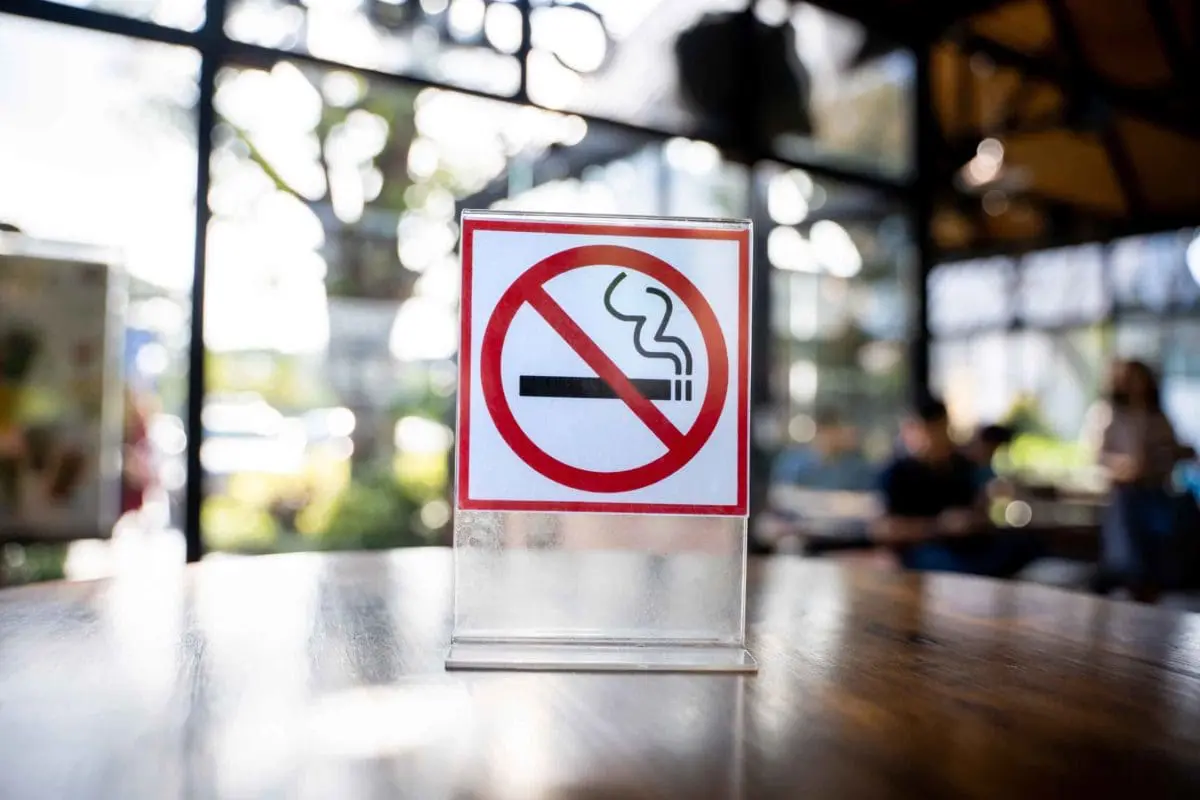On this year’s World No Tobacco Day, I am excited to acknowledge the momentum of policy change in the country right now. There is a movement with real power to pass laws to protect people, especially children, from tobacco and its harms. Tobacco 21 laws, which raise the minimum legal age of sale for tobacco from 18 to 21, are passing in cities and towns all over America. This is something to be proud of – this stunning groundswell of support was simply unthinkable only a few years ago.
These laws effectively remove tobacco from high schools, which is where most Americans start smoking. A full 95 percent of adult smokers began smoking before they turned 21; this policy disrupts that pattern. Increasing the tobacco age to 21 doesn’t just delay smoking – it ensures fewer people ever start. According to the Centers for Disease Control and Prevention, 300 kids become daily smokers every day in our country, and tobacco kills over 480,000 adults annually. Reducing the number of kids who start smoking will have a huge impact on cutting the number of tobacco-related deaths each year.
The display of leadership from local mayors and council members is undeniable. Tobacco 21 has also moved so rapidly in localities because it is an effective, pragmatic,and low-cost measure for cities to introduce. The first town in America raised the smoking age in 2005, and now the number of cities and towns that have passed Tobacco 21 exceeds 470. Additionally, 13 state legislatures, including Maryland, California, Washington, and Hawaii have alsoraised the tobacco age to protect children, save health care dollars, and improve health in their entire population.

The fact that this policy is gaining popularity could not come at a more critical time. The recent spike in teen e-cigarette use makes these laws more essential now than ever before. A Food and Drug Administration study found that from 2017 to 2018, in just one year, teen e-cigarette use grew 78 percent. Cities and states are responding because they have to.
I’m proud that CityHealth, an initiative of Kaiser Permanente and the de Beaumont Foundation, supported efforts to pass Tobacco 21 policies in cities like San Antonio, TX, and states like Maryland and Washington. Cities are especially crucial in leading this fight because when they lead the way, states often follow. For instance, city council members in San Antonio passed a Tobacco 21 bill in 2018, and just this week, the Texas Legislature passed the policy statewide. The great City of Chicago, where I once had the honor of serving as the Health Commissioner, showed leadership when it passed the law in 2016. Illinois followed suit and passed the law this year.
Tobacco 21 is gaining momentum in Congress, too. Multiple Tobacco 21 bills have been introduced, with bipartisan support, to advance this policy across the country. We will be monitoring these proposals as they move through the legislative process.
Another reason Tobacco 21 is catching on is because the evidence that this policy works is simply indisputable. A report by the National Academy of Medicine concluded that increasing the tobacco sale age to 21 would create a 25 percent decline in 15- to 17-year-olds lighting up and a 12 percent drop in overall smoking rates.
There are also economic arguments in favor of raising the age to 21. Tobacco use costs the U.S. about $170 billion in health care spending each year. Preventing a new generation from suffering from exposure to the dangers of tobacco will save dollars as well as lives.
Today and everyday, I’m proud of the work we are doing to fight for a healthier America and create a stronger next generation. The policy momentum behind Tobacco 21 is something for the public health community to be proud of. As more cities and states consider making this smart policy law, we will continue to strive for a nation where every child, no matter where they live, is safe from the dangers of tobacco.





